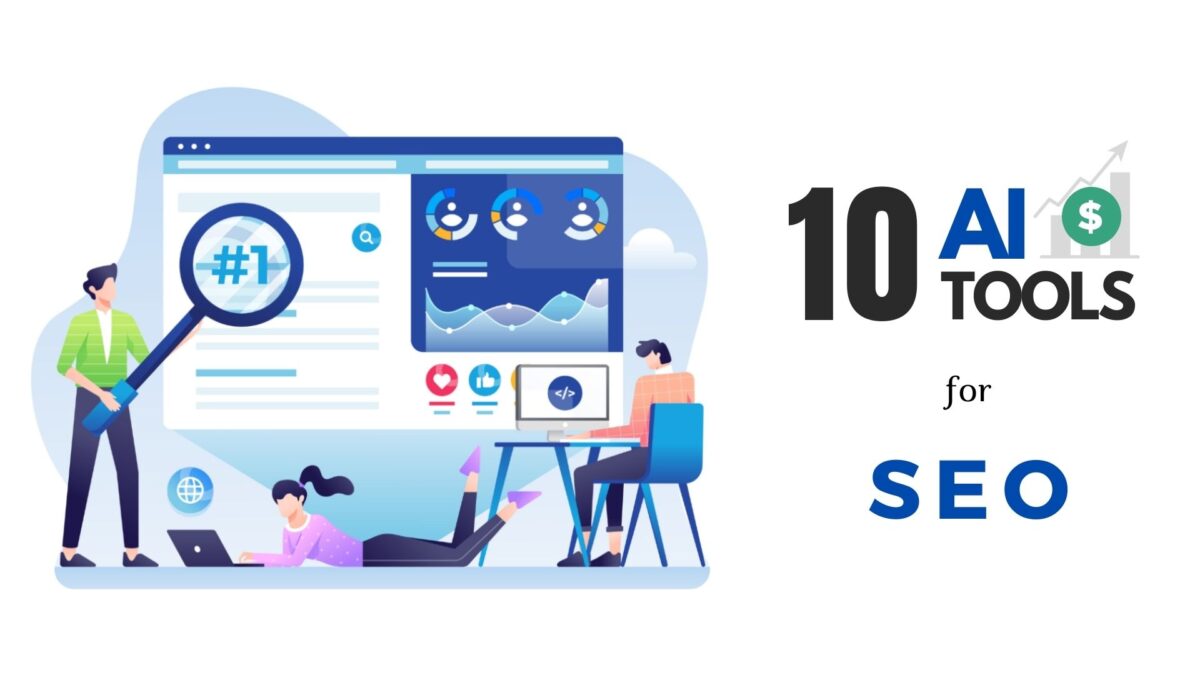When I started my online journey over a decade ago, I had no idea what SEO was. But over the years, I have learned that SEO is the key to success in the digital world. If you want to attract more visitors to your website, increase your visibility in search engines, and drive more conversions and sales, then you need to have a solid SEO strategy in place.
In this blog post, we’re going to dive deep into the world of SEO and explore some unconventional strategies that will help you skyrocket your rankings.
From leveraging social media and optimizing for voice search to creating a YouTube channel and building backlinks with HARO, we’ve got you covered.
So, let’s get started and learn how to take your SEO game to the next level!
Table of Contents
Leverage Social Media in Your SEO Strategy
Social media is no longer just a platform for connecting with friends and family. It has become a powerful tool for businesses to increase their online presence and drive traffic to their websites.
To leverage social media for SEO, you need to create shareable content that resonates with your audience. This could be in the form of blog posts, infographics, videos, or any other type of content that is relevant and valuable to your audience.
Once you have created your content, make sure to promote it on social media channels such as Facebook, Twitter, LinkedIn, and Instagram. Encourage your followers to share your content and engage with it by asking questions or running polls.
Optimize for Voice Search
With the rise of smart speakers and virtual assistants, voice search has become an important trend in the world of SEO. According to Google, 20% of all mobile searches are voice searches.
To optimize for voice search, you need to understand how people use voice search and the types of queries they make. Voice searches tend to be more conversational and long-tail, so make sure to incorporate natural language into your content.
You can also use tools like AnswerThePublic or SEMrush to find popular voice search queries in your niche and create content around those topics.
Create a YouTube Channel
YouTube is the second largest search engine after Google, and creating a YouTube channel can have a huge impact on your SEO. Not only does it provide you with an additional platform to reach your audience, but it also allows you to create engaging video content that can drive traffic to your website.
When creating videos for your channel, make sure to optimize them for SEO by using relevant keywords in the title, description, and tags. You can also include links to your website in the video description to drive traffic and improve your rankings.
Build Backlinks with HARO
Building high-quality backlinks is one of the most important aspects of SEO, and HARO (Help A Reporter Out) is a great tool for doing just that. HARO is a platform that connects journalists with sources for their stories, and it can be a great way to get your content featured on high-authority websites.
To use HARO, sign up for their email list and look for relevant queries in your niche. Once you find a query that matches your expertise, craft a pitch that highlights your expertise and offers valuable insights. If your pitch is selected, you’ll get a backlink to your website and exposure to a new audience.
Use Local SEO in Your Strategy
If you’re a local business, then local SEO is an absolute must. Local SEO is the process of optimizing your website and online presence to rank higher in local search results.
To optimize for local SEO, make sure to claim your Google My Business listing and provide accurate and up-to-date information about your business. You can also optimize your website for local keywords and phrases, such as “best pizza restaurant in Chicago” or “plumbing services near me”.
You should also make sure to include your business’s name, address, and phone number (NAP) on your website and other online listings, such as Yelp or Yellow Pages. This will help search engines and users find your business more easily.
Optimize for Featured Snippets
Featured snippets are the highlighted search results that appear at the top of Google’s search results page. Optimizing for featured snippets can help you drive more traffic to your website and increase your visibility in search engines.
To optimize for featured snippets, you need to create content that answers a specific question or query. Use tools like AnswerThePublic or Google’s “People Also Ask” feature to find popular queries in your niche, and create content that provides a clear and concise answer.
Make sure to structure your content in a way that is easy to read and understand, with headings, bullet points, and images. This will increase the chances of your content being featured as a snippet.
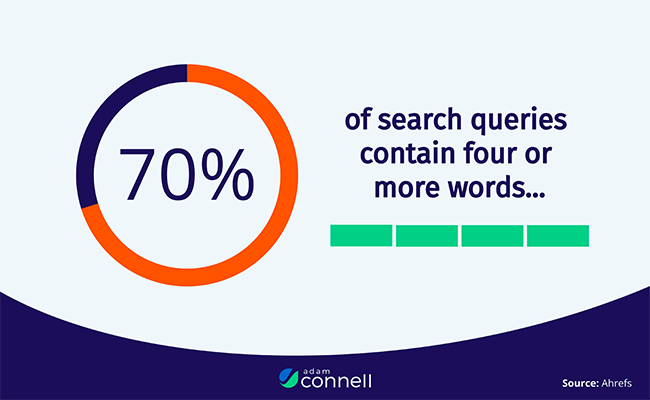
Use SEO Schema Markup
Schema markup is a code that you can add to your website to provide more information about your content to search engines. Using schema markup can help search engines understand your content better and improve your rankings.
There are many different types of schema markup that you can use, such as article, product, or local business schema. To implement schema markup on your website, you can use tools like Google’s Structured Data Markup Helper or the Yoast SEO plugin.
Make sure to test your schema markup using Google’s Structured Data Testing Tool to ensure that it is working correctly.
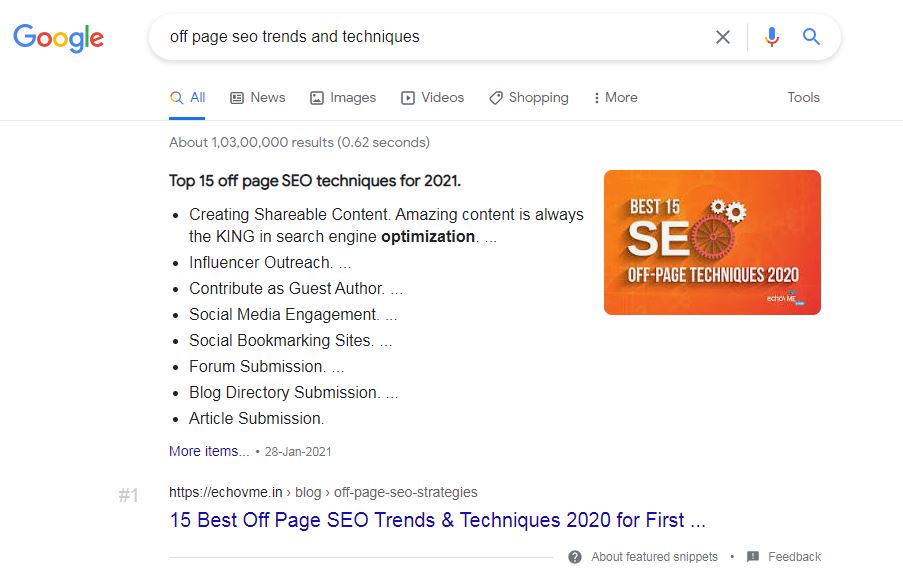
Focus on User Experience in Your SEO Strategy
User experience (UX) is an important factor in SEO, as it affects how users interact with your website and how long they stay on your site. To improve your website’s UX, you need to focus on factors such as site speed, mobile optimization, and navigation.
Make sure to optimize your website for fast loading times by compressing images and using a caching plugin. You should also make sure that your website is mobile-friendly and easy to navigate, with clear headings and a logical layout.
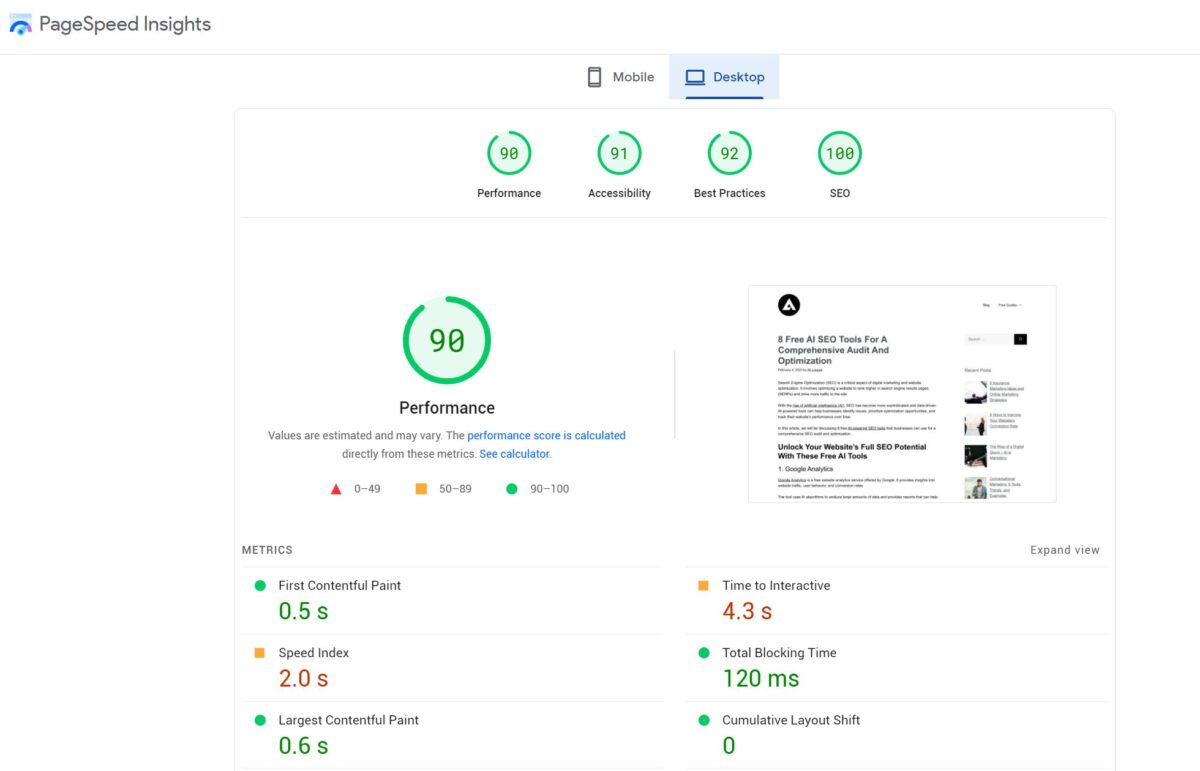
Monitor Your Competitors
Monitoring your competitors is an important aspect of SEO, as it allows you to identify gaps in your strategy and find new opportunities for growth. Use tools like SEMrush or Ahrefs to analyze your competitors’ backlinks, keywords, and content strategy.
Look for opportunities to create content that is more valuable and informative than your competitors, and identify areas where you can improve your website’s optimization. By keeping a close eye on your competitors, you can stay ahead of the game and improve your SEO rankings.
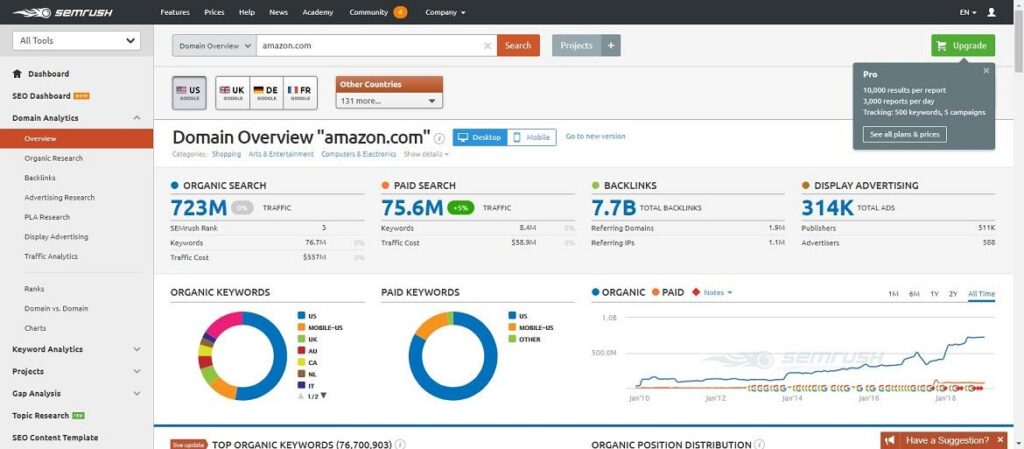
Final thoughts
In conclusion, SEO is a constantly evolving field, and it’s important to stay up-to-date with the latest trends and strategies. By implementing these unconventional strategies, you can improve your rankings, drive more traffic to your website, and ultimately, achieve your business goals.

Ali is a digital marketing blogger and author who uses the power of words to inspire and impact others. He has written for leading publications like Business2Community, Inc. Magazine, and Marketing Profs. When not writing, he enjoys spending time with his family.


